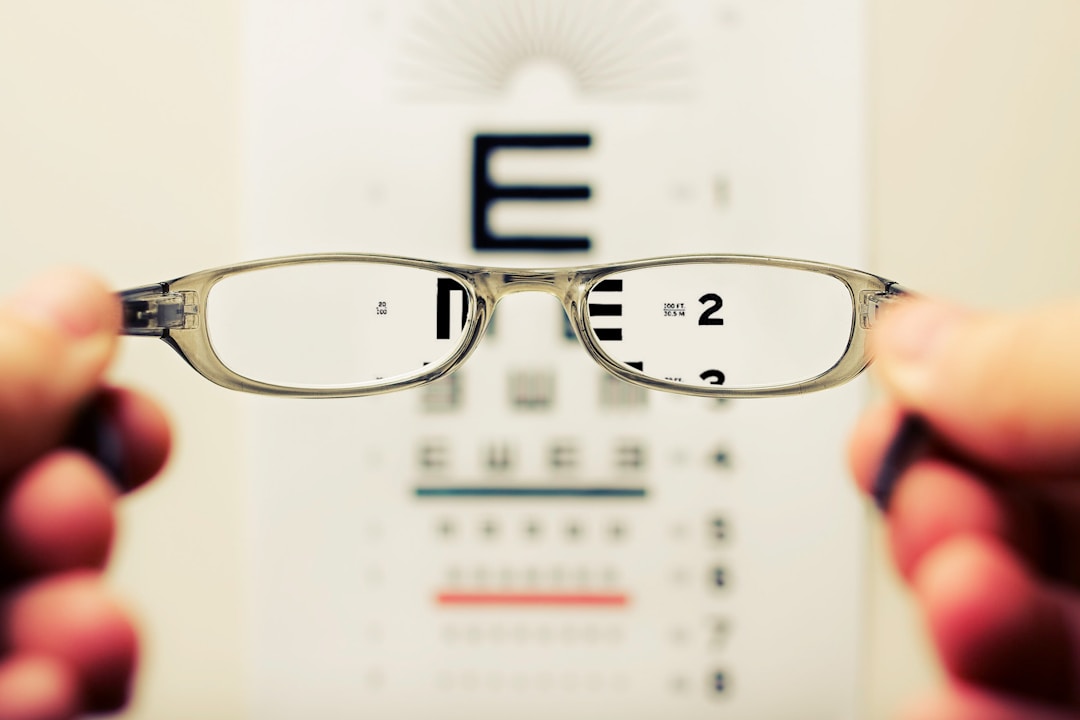While health insurance is an all-important safety net for us in the event of injury or illness, you’d be surprised how many patients are left hanging by not having a full understanding of what is and isn’t covered by their insurance plan. Here’s a look at just what may and may not be covered the next time you have a medical incident come up in your household.
Health Insurance Basics

Your health insurance coverage may not cover all of your medical expenses. Insurance is designed to share costs to a certain point, known as the out-of-pocket limit. After you or a family member hit that limit through your plan, insurance will cover all health care costs. It’s important to be aware of your deductible and co-payment as well when you evaluate your health insurance policy.
Health insurance in the United States is required to cover ten essential benefits. This is in accordance with the Affordable Care Act, commonly referred to as Obamacare. Those essential benefits include:
- Ambulatory patient services
- Emergency services
- Hospitalization post-surgery and overnight
- Pregnancy and newborn care
- Mental health and substance use disorder services
- Prescription drug coverage
- Rehabilitative services and devices for chronic conditions
- Preventive and wellness services
- Pediatric services
It’s important to consult your healthcare provider about care beyond an annual physical to address health conditions. This will alert you to doctors and specialists under your insurance coverage, as well as any potential out-of-pocket costs you may face.
Additional Coverage

While dental and vision care is among the ten essential benefits for pediatric patients, they’re both additional coverages that need to be purchased for adults. If you notice yourself squinting to read a distant sign or pulling back a book from your face, it may be a sign to set up an appointment with an optometrist. Setting up an appointment today could determine any issues with your optics that may require the need for prescription glasses or contact lenses. Some optometrists can also direct you to the care of an ophthalmologist for long-standing chronic conditions like cataracts and glaucoma.
If you are having vision problems, it’s best to have this addressed immediately to eliminate any concern over a more severe condition like cancer. Vision trouble is, however, something that can develop naturally, so some tips for healthy aging will recommend regular health screenings to determine a need for corrective lenses to address a medical problem as early as possible. Seniors can develop healthy habits by finding the right care team to address issues quickly, creating a level of trust between doctor and patient.
Medical Equipment

Some health plans will provide coverage for some medical equipment, provided that there is proof of the patient’s needs. For example, after comprehensive care from an audiologist and a hearing test, insurance may approve coverage for a hearing aid as part of that patient’s treatment plan. If you’re shopping for hearing aids in Scottsdale, it’s important to schedule an exam to determine your hearing health. This will include a comprehensive dive into your medical history that may link hearing difficulties to other conditions like tinnitus or high blood pressure.
While some insurance policies may approve the claim, others may place restrictions on spending for new hearing aids and new, unfounded technologies to help deal with things like vision or hearing loss. It’s important to approach this health issue the same way you would any physical malady, as going untreated, could put you at a higher risk for chronic conditions. This is all part of a long-term care plan for your individual needs to assure you maintain a happy and healthy life.



